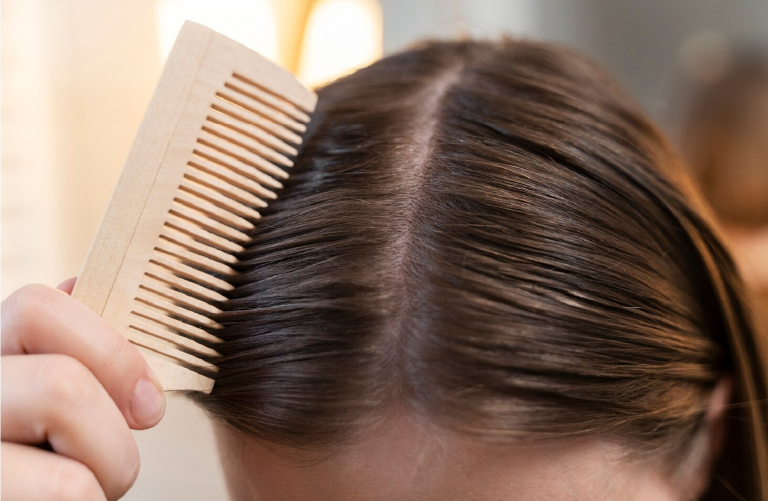
Hair grows in three main phases: the anagen phase is the active growth stage lasting 2 to 8 years (often extended during pregnancy, making hair look fuller); the catagen phase is a short 4 to 6-week transition where growth stops; and the telogen phase is a 2 to 3-month resting period when hair naturally sheds.
Several factors can lead to slower or reduced hair growth. Genetics play a major role, with conditions like male and female pattern hair loss often running in families. Aging also impacts hair health—postmenopausal women may experience noticeable thinning, and by age 50, many men have significantly less hair due to hormonal shifts. Additionally, an underactive thyroid can disrupt hormone production, which affects the hair growth cycle and may result in increased shedding or thinning.Several factors can lead to slower or reduced hair growth. Genetics play a major role, with conditions like male and female pattern hair loss often running in families. Aging also impacts hair health—postmenopausal women may experience noticeable thinning, and by age 50, many men have significantly less hair due to hormonal shifts. Additionally, an underactive thyroid can disrupt hormone production, which affects the hair growth cycle and may result in increased shedding or thinning.
Hair growth can be influenced by everyday situations. After a haircut, hair grows about a quarter to half an inch per month, and trimming split ends can prevent breakage, supporting healthier growth. Sometimes, hair may grow faster on one side due to factors like better blood circulation or sleeping patterns. Additionally, intense stress—such as after surgery, childbirth, or emotional trauma—can trigger telogen effluvium, a temporary hair loss condition.
While regrowing lost hair from balding can be difficult, certain home remedies may help maintain existing hair and support healthier growth. Scalp massages can boost blood circulation and improve hair thickness, while aloe vera conditions the scalp. Rosemary and geranium oils are known to stimulate growth, especially in cases like alopecia. Supplements like biotin may aid hair health if there's a deficiency, and saw palmetto is thought to block hormones linked to hair loss.












